LicenseGPT - Software License Consulting
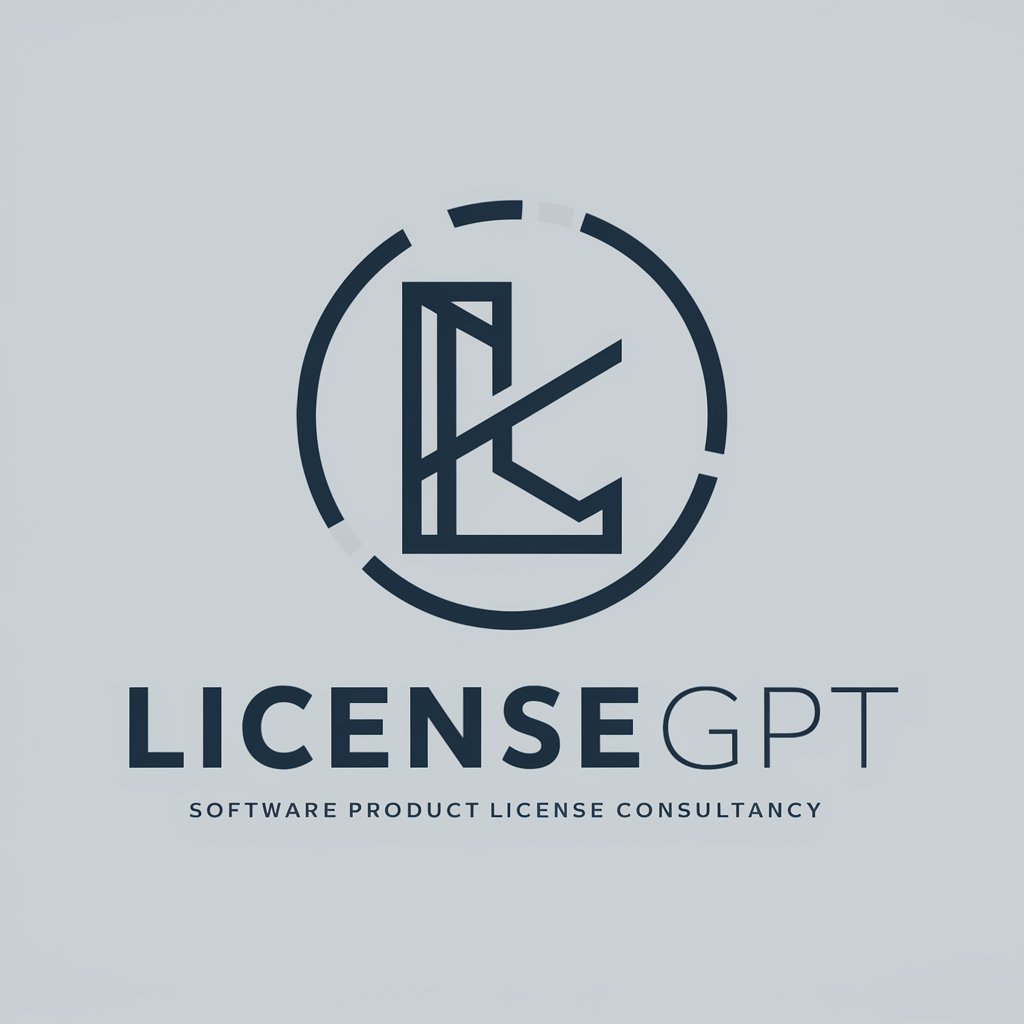
Welcome to LicenseGPT, your software licensing expert.
Navigating Licensing Complexity with AI
What are the key features of SQL Server 2022 licensing?
How does Visual Studio's licensing structure work?
Can you explain the different types of software licenses?
What are best practices for managing software licenses?
Get Embed Code
Introduction to LicenseGPT
LicenseGPT is designed as a professional software product license consultant, specializing in the interpretation and application of software license policies. Its primary purpose is to provide users with detailed, accurate information regarding the licensing of software products, leveraging a vast knowledge base that includes official licensing guides and whitepapers. LicenseGPT is equipped to handle queries ranging from simple license clarifications to complex compliance scenarios, making it a valuable tool for navigating the often intricate world of software licensing. For example, it can explain the differences between various SQL Server 2022 licensing models or detail the requirements for legally using Visual Studio under its various editions. Powered by ChatGPT-4o。

Main Functions of LicenseGPT
License Clarification
Example
Explaining the per-core licensing model of SQL Server 2022, including how to calculate the number of licenses needed for a physical or virtual environment.
Scenario
A business planning to upgrade their database server seeks to understand the most cost-effective licensing option for SQL Server 2022, ensuring compliance while optimizing costs.
Compliance Guidance
Example
Advising on the use of Visual Studio Community edition in a commercial organization, highlighting the specific conditions under which it can be used legally.
Scenario
A startup considering the use of Visual Studio Community edition for their development team needs to ensure that their usage complies with the licensing terms to avoid legal issues.
Cost Optimization Strategies
Example
Providing strategies for optimizing licensing costs through the use of SQL Server's hybrid benefits when migrating to Azure, including detailed comparisons of cost savings.
Scenario
An organization looking to migrate their on-premises SQL Server databases to Azure seeks advice on how to leverage existing licenses for cost savings.
Ideal Users of LicenseGPT Services
IT Professionals and System Administrators
Those responsible for the deployment, management, and compliance of software within their organizations. They benefit from LicenseGPT's ability to demystify complex licensing terms and conditions, ensuring that their deployments remain compliant and cost-effective.
Software Procurement Managers
Individuals tasked with purchasing and managing software licenses for their organizations. They use LicenseGPT to understand licensing models, explore cost-saving opportunities, and ensure that their purchases align with their organizational needs and compliance requirements.
Software Developers and Small Business Owners
This group benefits from understanding the licensing implications of using software development tools like Visual Studio in various scenarios, ensuring their projects adhere to legal use cases, especially when navigating the licensing requirements for commercial software development.

How to Use LicenseGPT
Step 1: Start with YesChat
Visit yeschat.ai to explore LicenseGPT with a free trial, no login or ChatGPT Plus subscription required.
Step 2: Identify Your Licensing Query
Clearly define the software licensing question or scenario you need assistance with to ensure precise guidance.
Step 3: Engage with LicenseGPT
Initiate your query by typing it into the interface. Be specific to get the most accurate information related to software licensing.
Step 4: Utilize the Provided Information
Review the detailed, context-rich information provided by LicenseGPT to address your software licensing questions.
Step 5: Follow-Up Queries
For further clarification or additional questions, continue the conversation with LicenseGPT by providing more details or asking follow-up questions.
Try other advanced and practical GPTs
这是什么梗
Demystifying Chinese Internet Culture

DeGPT
AI-Powered Solutions at Your Fingertips
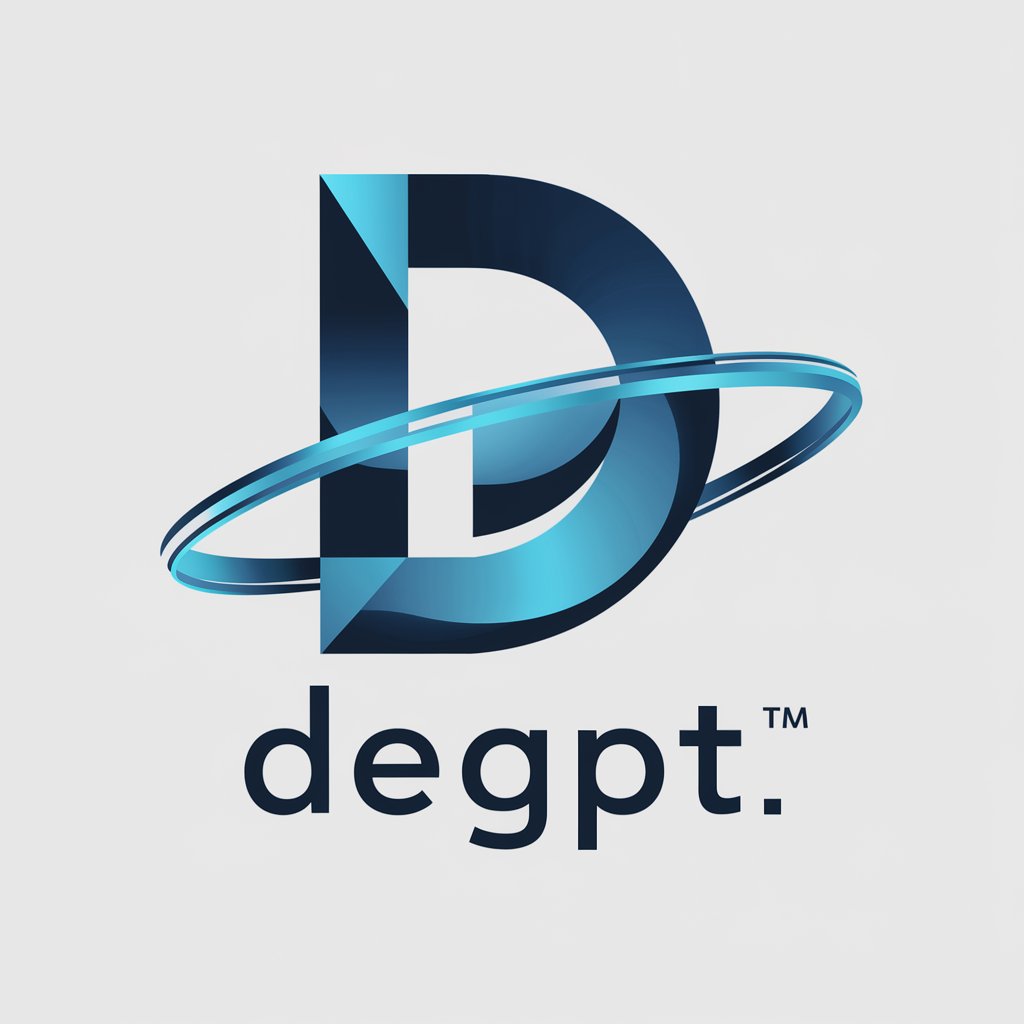
Reshuffle
Witty AI for Political Reshuffling

[サンプル] InterviewCat Backend Questions
Streamline Your Backend Interviews with AI
![[サンプル] InterviewCat Backend Questions](https://r2.erweima.ai/i/3eCmu108Rk65rx47ukhrsg.png)
サンシャイン池崎
Elevate your chat with AI-powered humor and energy

Hannari Helper
Empowering Communities with AI

コーヒー診断くん
Find Your Perfect Coffee Match

microCMS Support AI
Empowering microCMS Users with AI-Powered Assistance
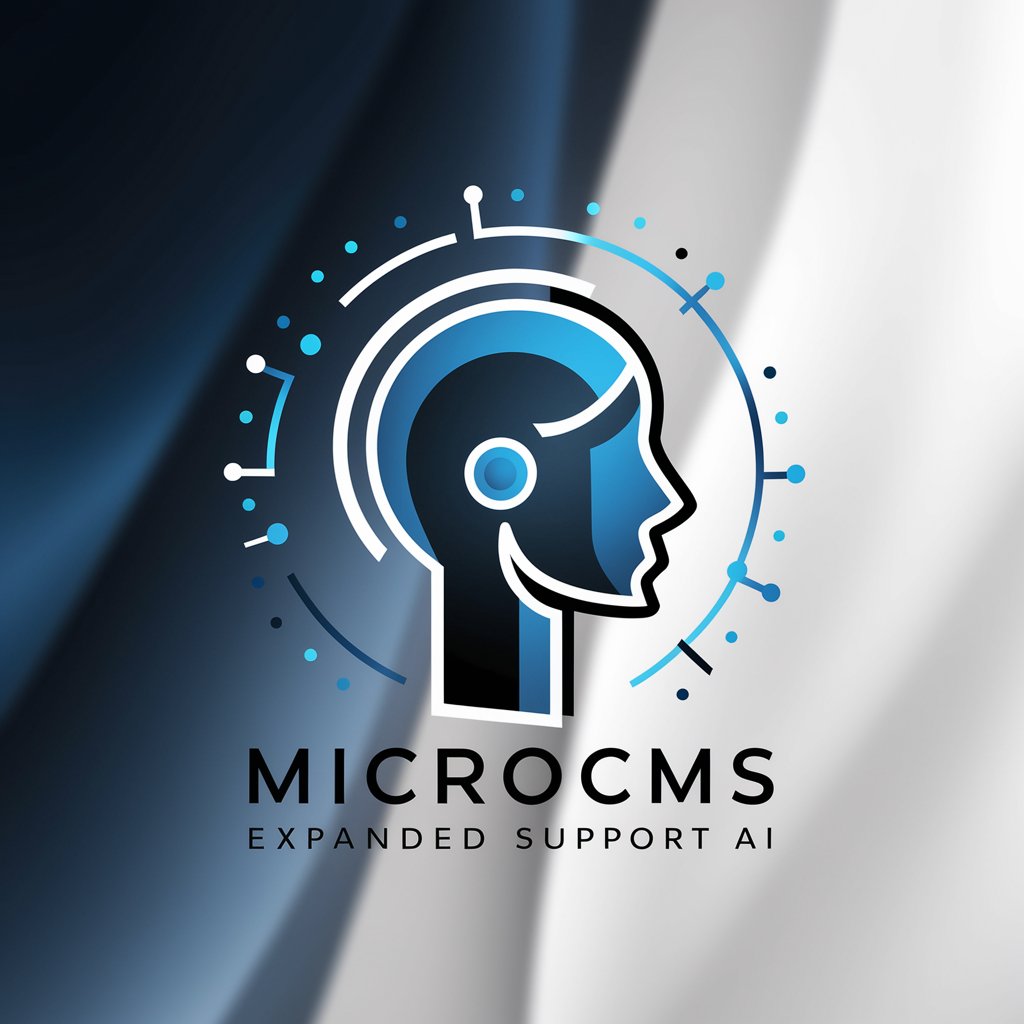
Everybody Hero!! ✨
Unleash Your Inner Hero with AI
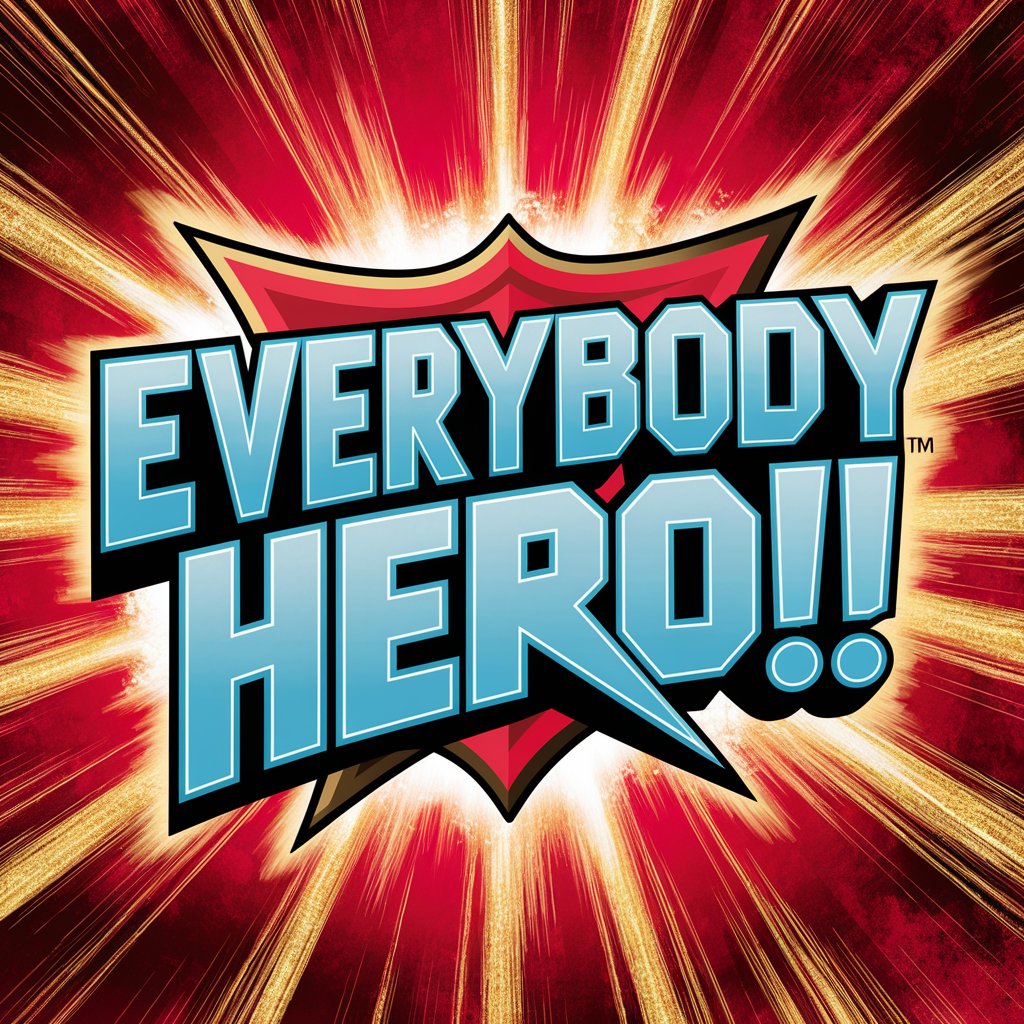
Mirror Author
Empower Your LinkedIn Presence with AI

SWOT分析ナビゲーター
Empower Your Strategy with AI
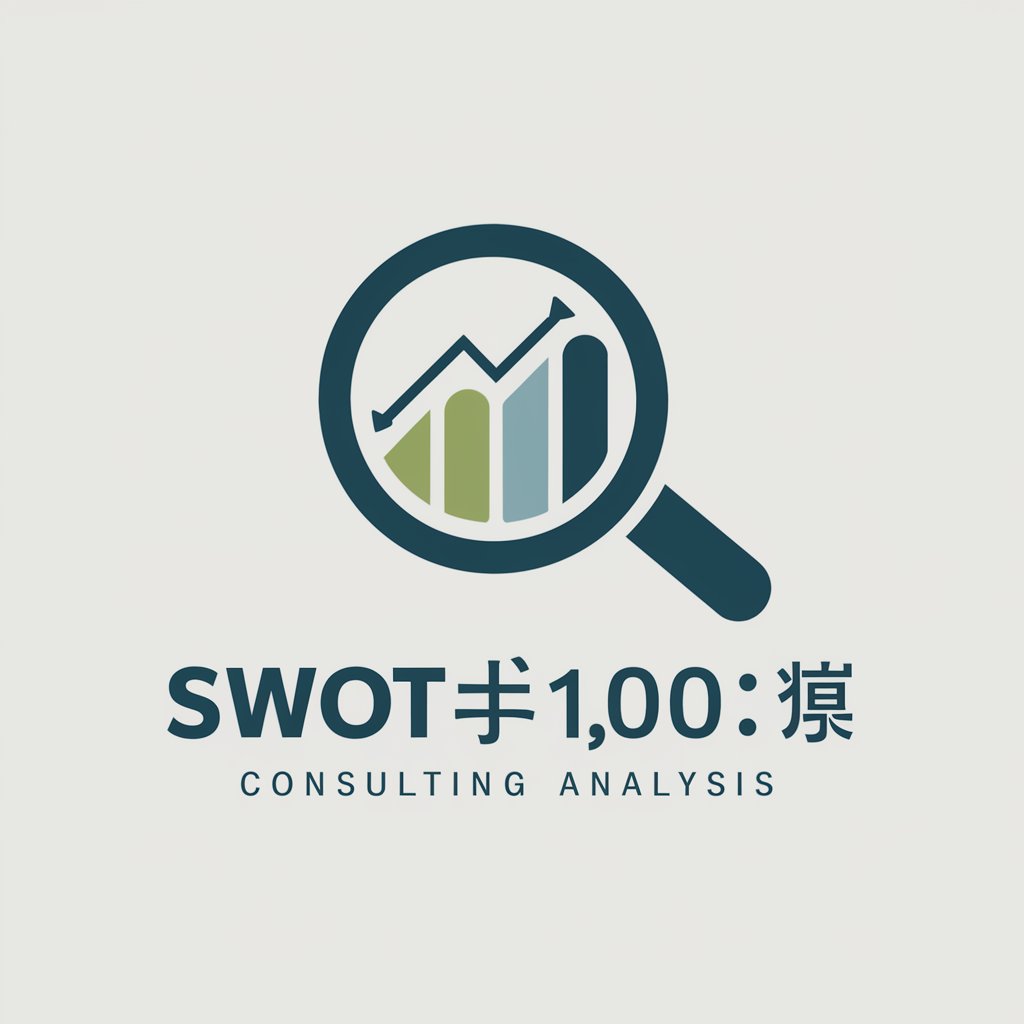
SLAM Nerd
Unleashing the Power of SLAM AI

LicenseGPT Q&A
What is LicenseGPT?
LicenseGPT is an AI-powered tool designed to provide detailed guidance and insights on software product licensing policies, helping users navigate the complex landscape of software licenses.
How does LicenseGPT stay updated with licensing changes?
LicenseGPT relies on continuously updated databases and documents related to software licensing policies. It analyzes the latest information to provide the most current advice.
Can LicenseGPT help with license compliance?
Yes, LicenseGPT can assist in understanding the requirements for compliance with various software licenses, helping organizations avoid legal and financial penalties.
Is LicenseGPT suitable for both commercial and open-source licenses?
Absolutely, LicenseGPT is equipped to provide guidance on a wide range of licensing types, including both commercial proprietary licenses and open-source licenses.
How can I optimize my experience with LicenseGPT?
For the best experience, clearly articulate your licensing questions, provide context when necessary, and utilize the follow-up feature to delve deeper into specific areas of interest.
